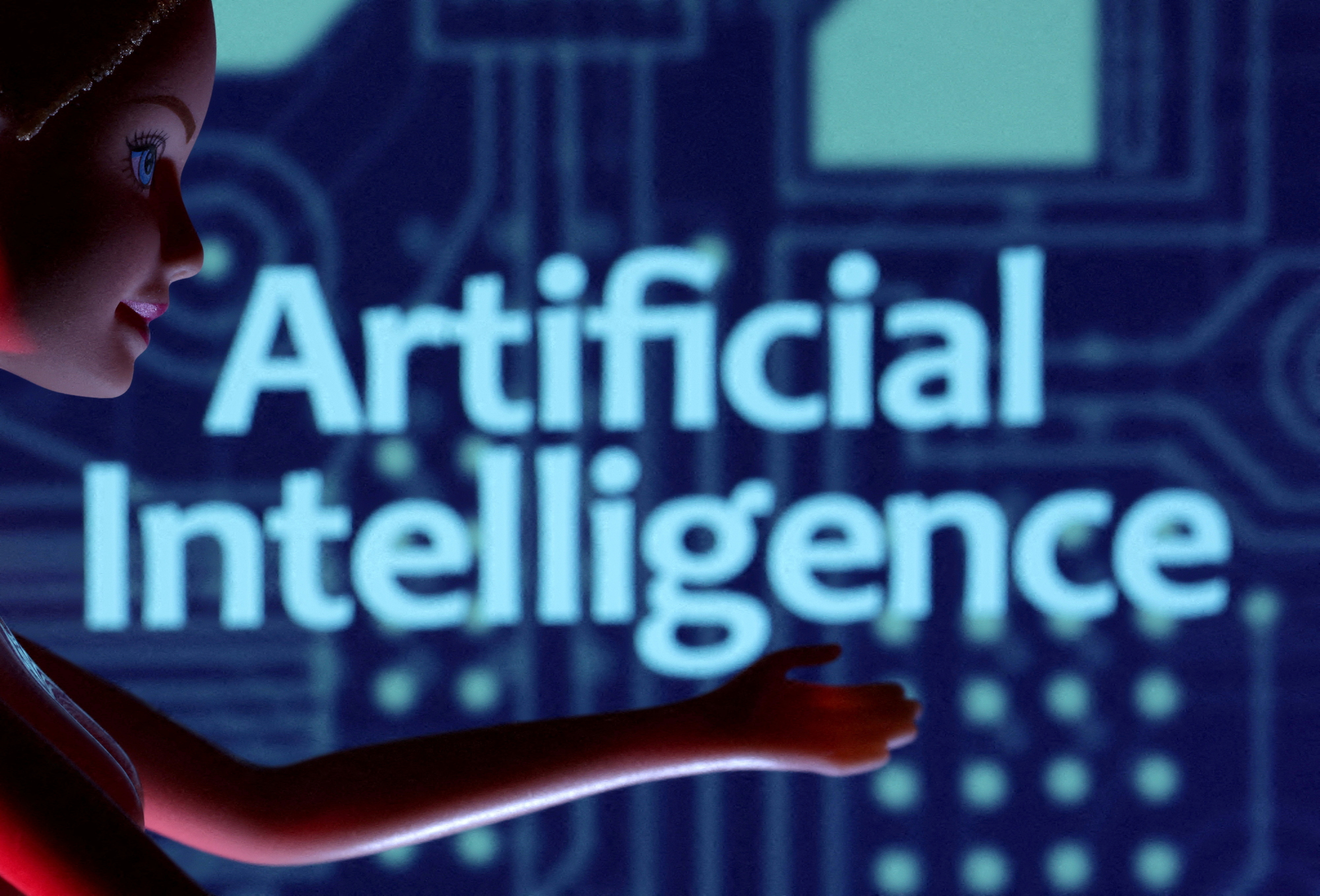Artificial general intelligence (AGI) may emerge in as little as five years, according to Chief Executive Jensen Huang’s comments on Friday.
At an economic forum held at Stanford University, Huang, the head of the world’s largest manufacturer of artificial intelligence chips used to power systems like OpenAI’s ChatGPT, was answering a question about how long it would take to realize one of Silicon Valley’s long-standing ambitions: building computers with human-like cognitive abilities.

According to Huang, a lot relies on how the objective is stated. Artificial general intelligence (AGI) will be here soon, according to Huang, if the criterion includes the capacity to pass human testing.
“If I gave an AI… every test that you can imagine, you make that list of tests and put it in front of the computer science industry, and I’m guessing in five years, we’ll do well on every single one,” Huang said.
Huang’s comments came shortly after the record rally in Nvidia stocks as on Friday, the market capitalization of Huang’s company reached $2 trillion.
The Timetable of AGI
AI is currently able to pass examinations like the legal bar exam, but it still has difficulty with specialty medical exams like gastroenterology. However, Huang stated that it ought to be able to pass any of them in five years as well.
However, according to Huang, different definitions might put AGI considerably further off as researchers are still unable to agree on a common understanding of how brains function.
According to Huang, “Therefore, it’s hard to achieve as an engineer” since engineers require certain objectives.

The subject of how many more chip factories referred to as “fabs” in the industry are required to support the growth of the AI sector was also addressed by Huang. According to media sources, OpenAI CEO Sam Altman believes a significant number of additional fabs are required.
Although Huang stated that more will be required, the number of chips required will be constrained since each chip will improve with time.
“More fabs will be required. But keep in mind that over time, we’re also making significant advancements in (AI) processing and algorithms,” Huang added. “It’s not like the demand is this high because computer efficiency is what it is now. Over the next ten years, I will improve computing a million times.”











